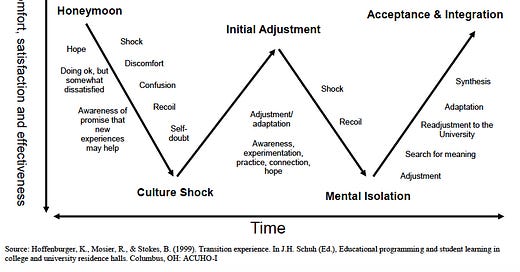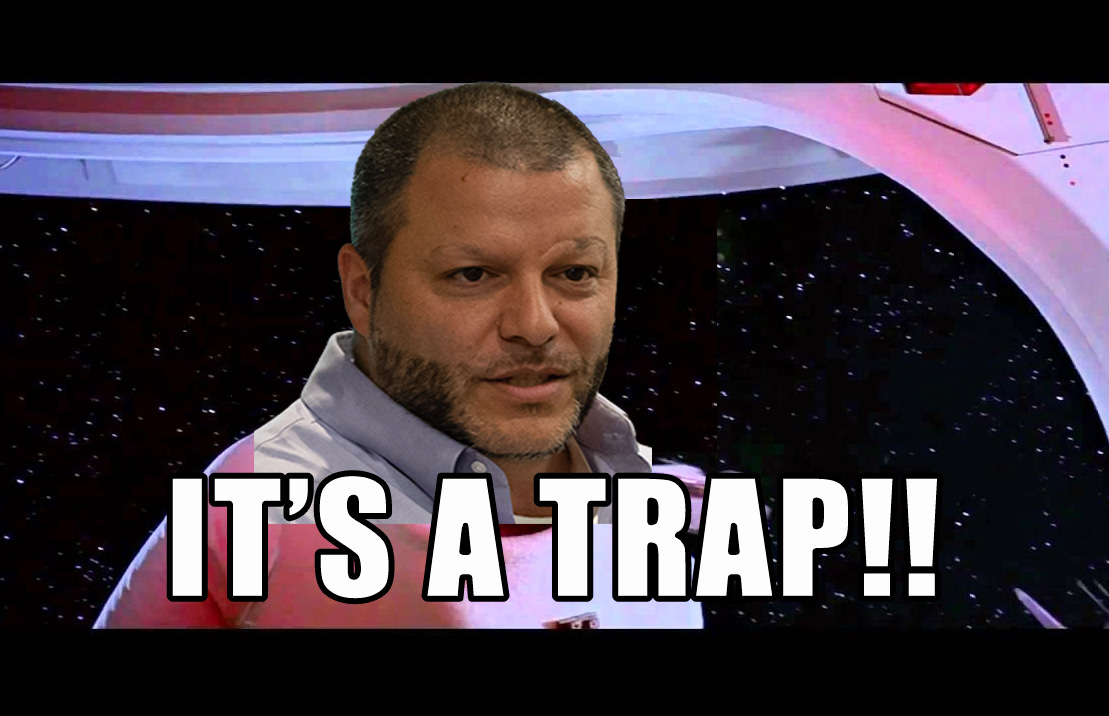The W-Curve Model And New College Students and Answer Traps On Standardized Tests
Hello listeners! Enjoy this week's new releases as well as a deep cut about what you need to know about student loans.
NEXT WEEK
Mike moved Tutor: The Newsletter over to Substack. If you are any species of tutor, teacher, or coach, subscribe here.
TOPIC REQUESTS? If you’re a regular listener of the show, you must have some thoughts about topics you’d like to hear us cover. Don’t keep them to yourself! Reply with your most interesting topic ideas!
LAST WEEK
510. THE W-CURVE MODEL AND NEW COLLEGE STUDENTS
New college students invariably arrive on campus flush with optimism for all the good times, academic successes, and healthy relationships ahead. If only life proceeded that smoothly… Amy and Mike invited educational consultant Lee Norwood to explain the W-Curve Model and new college students.
What are five things you will learn in this episode?
What is the W-Curve Model?
How do the five stages of the W-Curve Model map levels of student comfort at school?
Why should new college students be prepared for culture shock?
How can having this W-curve map in advance facilitate adjustment to college life?
Can parents be too reactive to their student’s struggles?
511. ANSWER TRAPS ON STANDARDIZED TESTS
The difficulty of individual multiple-choice questions depends on far more than just the questions themselves, as any test taker who has struggled to differentiate between several tempting choices can attest. Amy and Mike invited educator Vinny Madera to share his research on answer traps on standardized tests.
What are five things you will learn in this episode?
What is an answer trap, and why do they exist?
What is a distractor answer choice?
What are common types of math distractor choices on standardized tests?
What are common types of verbal distractor choices on standardized tests?
How does knowledge of trap choices help students?
Have you listened to this deep cut from our archives?
54. WHAT YOU NEED TO KNOW ABOUT STUDENT LOANS
While getting into college seems like a Herculean task requiring the collaboration and contributions of a team of experts, paying for college can–believe it or not–be even tougher. For example, nearly everyone takes out student loans, but how many applicants understand what they should focus on? Amy and Mike invited financial aid expert Elaine Rubin to break down the basics of what you need to know about student loans.
What are five things you will learn in this episode?
What kinds of loans can students apply for?
How do students and parents apply for loans?
What is the right timeline to apply for student loans?
How much should applicants seek?
What is the difference between subsidized and unsubsidized loans?






